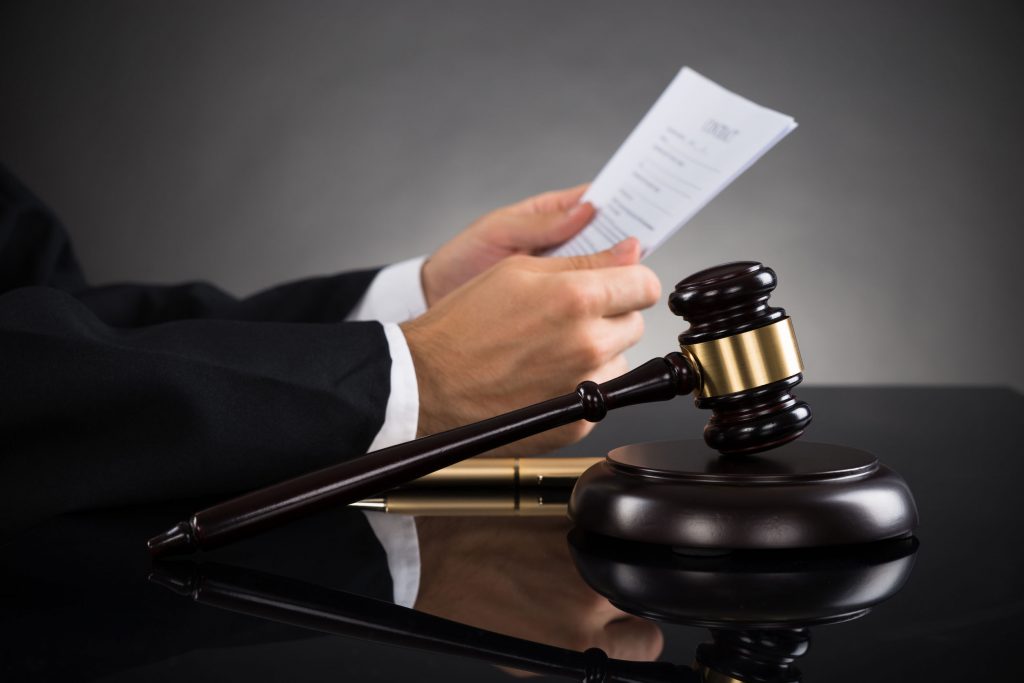
Last week, the Trump administration submitted an amicus brief to the Supreme Court that effectively reversed the administration’s position on arbitration agreements as originally stated in a petition for review, filed in 2016. The Office of the Solicitor General rarely changes its position on a major case like this, even if there’s a sea change in the White House.
But alas, that’s what happened. Last year, the administration wanted the high court to review and overturn a lower court’s decision. Now, the Acting Solicitor General, Jeffrey Wall, is recommending that the Court affirm that very same decision.
Initial Filing
The current administration changed its position on National Labor Relations Board v. Murphy Oil USA, in which the Justices have consented to consider whether employment agreements that override class actions and favor individual arbitration are enforceable under the Federal Arbitration Act (FAA). The Court will also consider whether these agreements are in violation of the National Labor Relations Act (NLRA).
Obama’s deputy Solicitor General, Edwin Kneedler, argued in the original 2016 filing that these kinds of arbitration agreements are not enforceable because the NLRA ensures that employees’ can pursue collective action against their employer when they feel the terms of employment are unjust. Kneedler said that, according to the NLRB, class action waivers “deprive employees of their statutory right to engage in ‘concerted activities’ in pursuit of their ‘mutual aid or protection.’” The Supreme Court granted review to the NLRB just before Trump took office.
Reversal
In his brief, Wall told the Court that the government “reconsidered the issue and has reached the opposite conclusion” from the previous administration, which spoke on behalf of the National Labor Relations Board (NLRB). He continued, “Although the board’s interpretation of ambiguous NLRA language is ordinarily entitled to judicial deference, courts do not defer to the board’s conclusion as to the interplay between the NLRA and other federal statutes. We do not believe that the board in its prior unfair-labor-practice proceedings, or the government’s certiorari petition in Murphy Oil, gave adequate weight to the congressional policy favoring enforcement of arbitration agreements that is reflected in the FAA.”
The Reversal’s Effect
Scott Nelson of Public Citizen Litigation Group supported the initial NLRB petition. In response to the recent change, he said, “Now we have government schizophrenia.” He added, “The NLRB has not changed its position and presumably unless they do, they will still be filing their own brief in support of their cert petition, just not represented by the solicitor general.”
And, ultimately, according to Nelson, this will not help the solicitor general’s argument in the eyes of the Court. “[W]hat this reflects is a change in administrations as opposed to some respect in which the solicitor general is standing outside of politics and exercising neutral legal judgment.”
Looking Ahead
On June 16th, the NLRB put out a press release stating the following: “the Acting Solicitor General of the United States authorized the National Labor Relations Board to represent itself in the Supreme Court case of NLRB v. Murphy Oil USA.” Thus, it would appear – as suggested by Nelson – the NLRB will continue to argue against arbitration agreements, while the Acting Solicitor General will take the opposite position. The administration will thus be split.
Ernst & Young LLP v. Morris and Epic Systems v. Lewis were combined with Murphy Oil when the Court originally granted review to NLRB. The Court’s decision in these cases will play a pivotal role in the advancement (or regression) of workers’ rights.



Leave a Comment